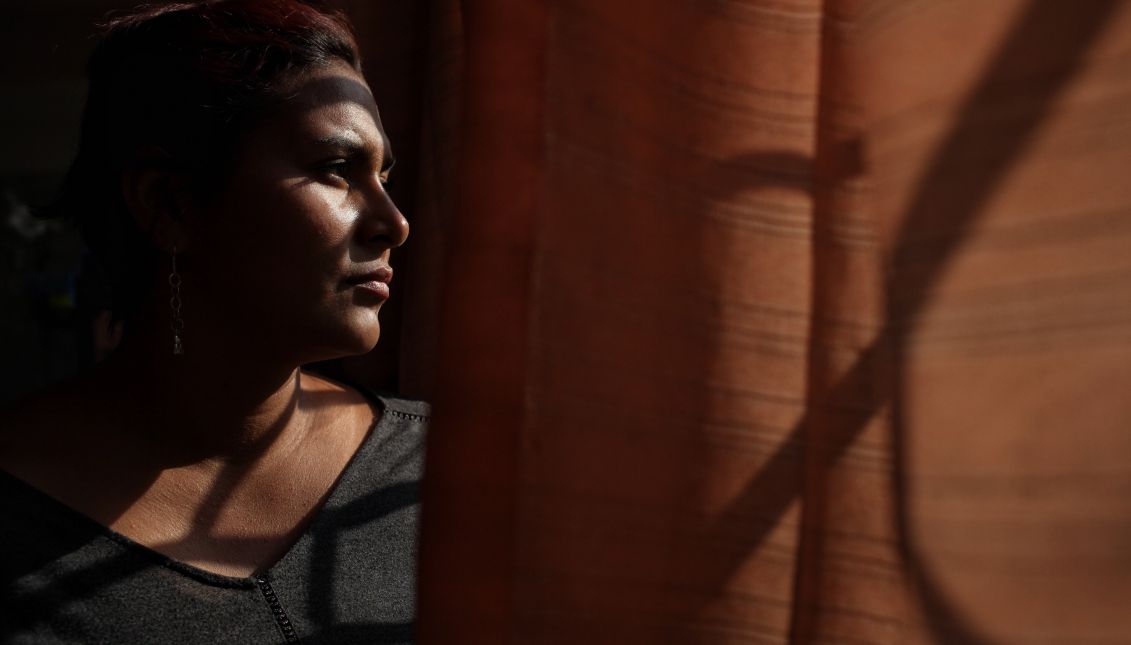
Honduran woman saves herself, family from violent extortion gang
Carolina, 37, has coffee-colored eyes, a sweet look and a tenacity that allowed her to escape the clutches of a powerful Central American street gang called Barrio 18 and get her family safely to Mexico.
Carolina and her family fled from their native Tegucigalpa, the Honduran capital, because for over a year Barrio 18 members had demanded more and more protection money every week to "watch over your business."
"They started out demanding $21 (500 lempiras) a week, then it was $43. Besides that they would come with their friends to our restaurant-bar and we had to give them drinks and feed them," Carolina told EFE.
She and her husband moved their bar-restaurant, but in three months the gang caught up with them. "They said if we moved again they would kill me, my husband and a brother of mine, and that they were taking our children to pay a debt we never had with them," she said.
Carolina escaped this death sentence with her daughters ages 10, and 13, another daughter of 16 who was pregnant, plus her son-in-law, 17, her son, 13, her brother, 36, and her husband, 45, but left in the Honduran capital a daughter of 19 because she had a little boy just 1 year old and traveling with him would be too dangerous.
"We couldn't take it anymore. One of them kept harassing my pregnant daughter. They said they were taking her and later they would see what to do with the baby," she said.
At first they didn't know what to do because they had almost no money left after all the extortion, and a people-trafficker told them he charged $7,000 per person to get them out of the country, an amount she had no way of paying.
Then Carolina contacted the NGO Scalabrini' Migrants and Refugees Mission (SMR), which provided needed tips on the safest way to emigrate from Tegucigalpa to Mexico, a trip they began last Dec. 22.
They spent the first night in Guatemala, reached Mexico at Ciudad Hidalgo, Chiapas state, and entered the capital on Dec. 24 without ever getting on "La Bestia" (The Beast), the freight train Central American migrants headed for the United States often ride on their journey across Mexico, and on which gangs often kidnap, rob and murder migrants.
CONTENIDO RELACIONADO
Carolina recalled that instead of the $49,000 the people trafficker wanted, they spent less that $900 to Tapachula, Chiapas, and some $375 from there to Mexico City.
After reaching the capital after bus trips and exhausting hikes, they sought refuge in Mexico on Dec. 26.
Their original destination had been the United States until Donald Trump's arrival in the White House temporarily put the brakes on that idea.
Carolina now lives with her family in Mexico City at an SMR inn that accepts a total of 45 people of different nationalities, above all from Central America and Africa, who are waiting for their petition for refuge to go through.
With a 154.6 percent increase in refuge petitions in 2016, Mexico has gone from being a transit route to a welcoming nation.










DEJE UN COMENTARIO:
¡Únete a la discusión! Deja un comentario.